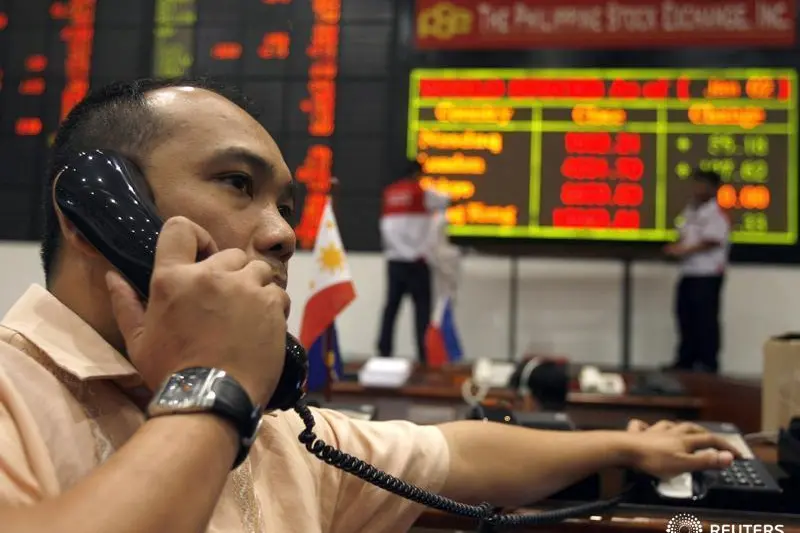PHOTO
Jollibee CEO Ernesto Tanmantiong was quoted in a recent Forbes article (Philippines' Biggest Fast-Food Brand Has Fresh Plans To Challenge Starbucks) as saying that the JFC group is 'hoping to get a better valuation from Wall Street' in reference to the group's plans for a US listing to help fuel its push to become 'one of the world's five most valuable fast-food chains'. The article focused on JFC's move to prioritize the global coffee industry starting in 2012 with its acquisition of Vietnam's Highlands Coffee and quotes research from Statista which says the combined revenue of coffee chains around the world will likely climb to $800 billion by 2030 (27% increase from FY23). Mr. Tanmantiong is also quoted as saying that the coffee market is 'rapidly growing' and is 'a huge opportunity for us'.
The honest truth is that JFC's evolution from a PH-based mall food operator to a global quick-service powerhouse has not registered in the minds of many investors who still look at this stock as a loose representation of the fortunes of The Bee. While the Highlands Coffee buy was over 10 years ago, JFC's transformation really kicked into high gear during the pandemic when jurisdictional differences forced JFC to diversify-heavily-into foreign markets.
That same crisis also forced the management team to reconsider the 'cram as many people as possible into physical stores' business model that the group had been relying on for years to drive growth, leading JFC to develop new ways to reach customers with drive-through, delivery, and third-party apps. That reimagining opened the company's eyes to the mutually beneficial inclusion of coffee products to its physical store menus and to the inclusion of its low-cost food into its new coffee store menus. The result is a Jollibee that (to me) looks nothing like the one I first invested in back before the pandemic.
Gone are the days when I tried to predict new store locations by mapping out existing locations and looking for areas that weren't already fully saturated by Jollibee and its adjacent brands. It's added new ways to open up the domestic map for expansion, and it's taking some of its brands global. I know there are a lot of investors who question the group's debt management and declining quality, and those are certainly valid critiques, but my point here is that things have changed a lot. The metrics for success are still the same (marketcap, store count) but the drivers of that success are completely different. There was no timeline given for this potential US listing, so it doesn't sound like something that will happen in FY24. JFC shareholders appear stuck in a stock price cycle with things just emerging from the most recent low point in that cycle.
Copyright © 2022 PhilSTAR Daily, Inc Provided by SyndiGate Media Inc. (Syndigate.info).





















